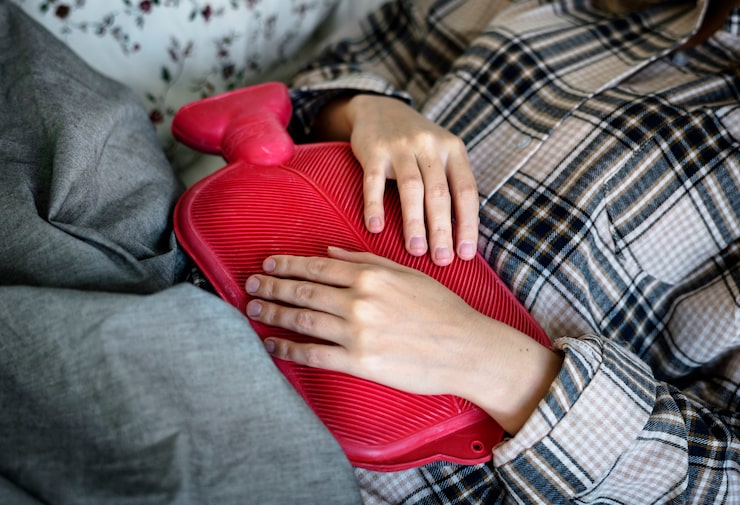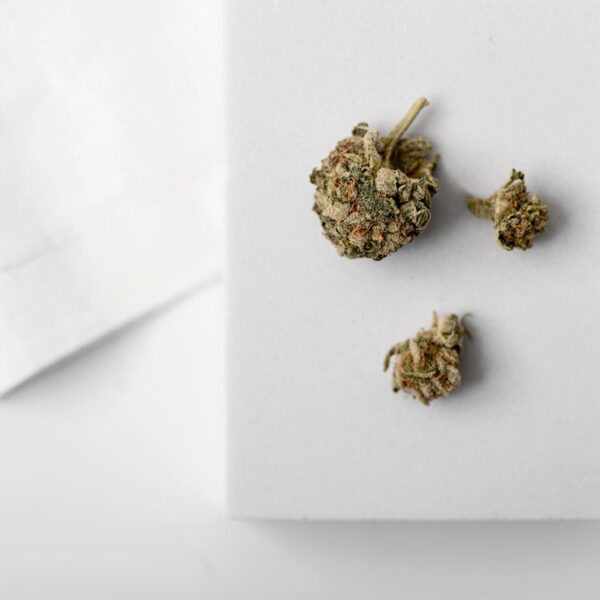
Bloating is an incredibly common experience, characterized by a swollen feeling in the belly shortly after eating. It arises from excess gas production in the gut or sluggish bowel movements, leading to the fermentation of undigested foods. This often causes pain and discomfort, making the stomach appear enlarged. Trapped gas can lead to burps and flatulence, and when it accumulates in the small intestine, it can cause sharp pain and irritability.
While bloating can sometimes indicate underlying conditions like Irritable Bowel Syndrome (IBS) or other gut disorders, it’s frequently caused by everyday habits that disrupt gut health. The reasons can be varied, including fizzy drinks, heavy meals, constipation, menstrual cycles, or incompatible food combinations. Fortunately, simple adjustments can make a significant difference!
The Power of Fiber
Eating enough fiber is essential for preventing constipation and bloating. Fiber adds bulk to the stool, promoting regular bowel movements and preventing the buildup of gas-producing waste.
However, it’s important to gradually increase fiber intake and chew thoroughly. Suddenly consuming large amounts of fiber-rich foods, or eating them too quickly, can lead to increased gas and bloating. Introduce these foods slowly, preferably during active times of the day, and remember that digestion begins in the mouth.
Identifying Food Intolerances
Food intolerances can be a major culprit behind bloating. When you consume foods that your body struggles to digest, it can lead to excess gas production, bloating, and other allergic reactions.
Common culprits include gluten, lactose, shellfish, nuts, pulses, and certain root vegetables. Keeping a food diary and noting any reactions can help pinpoint specific triggers.
Practice Mindful Eating
Eating too quickly can cause you to swallow excess air, which becomes trapped in the stomach and contributes to bloating. If this air travels further down into the small intestine, it worsens the problem.
Mindful eating is crucial for preventing bloating. This involves taking smaller bites, chewing food thoroughly, and keeping your mouth closed while chewing! Avoid drinking water during meals, as it can dilute digestive juices and hinder proper digestion, potentially leading to bloating.
Exercise for Better Digestion
Exercise and yoga are excellent ways to relieve gas and bloating, reduce pain, and improve overall digestion! Cardio exercises stimulate the digestive system. Certain stretches and movements help move gas through the digestive tract, providing relief. Yoga offers specific poses like pawanmuktasana (wind-relieving pose), bhujangasana (cobra pose), balasana (child’s pose), and navasana (boat pose) that can alleviate bloating.
Avoid Fizzy Drinks and Foods

Avoid Fizzy Drinks and Foods
Fizzy foods and drinks contain high levels of gas, which directly contribute to bloating. The carbon dioxide in these drinks creates a bubbling effect in the stomach.
Moreover, the high sugar content in many fizzy drinks can lead to fermentation and worsen bloating. It’s best to avoid these altogether if you’re prone to bloating.
Understanding FODMAPs
FODMAP stands for Fermentable Oligo-Di and Monosaccharides and Polyols. A low-FODMAP diet involves avoiding fermentable, gas-producing food ingredients. Some individuals have difficulty fully absorbing FODMAP-rich foods in the small intestine. These undigested carbohydrates then pass into the colon, where gut bacteria ferment them, leading to increased gas production and bloating.
The Role of Probiotics
Consuming natural probiotics can help maintain a healthy balance of gut bacteria, reducing the population of “bad” bacteria that contribute to gas formation. However, it’s essential to choose the right probiotics, as some strains can worsen symptoms. A healthcare professional or naturopath can help you select the most suitable probiotics for your specific needs.
Simple Changes, Significant Results
These simple yet effective tips and tricks can help you lead a healthier life, free from the discomfort of bloating. By making conscious choices about your diet, eating habits, and lifestyle, you can significantly improve your gut health and overall well-being.














